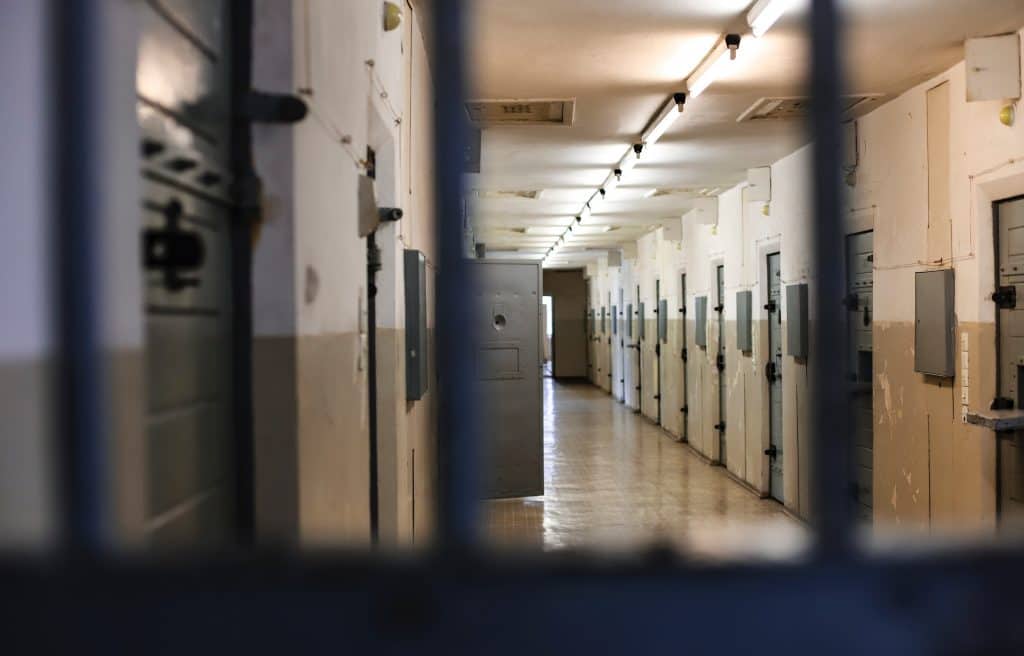Most people realize that when you are serving a suspended sentence on probation that if you violate the terms of that probation, the State of Indiana can go after you for some (or all) of that suspended time. However, most people don’t realize the nuances of when the petition to revokes can be filed and what the possible outcomes are if a violation is proven. This blog will discuss both in detail.
According to IC 35-38-2-3, a court (by and through a notice of violation filed by a probation department or prosecutors office) may move to revoke a defendant’s probation if it is proven that:
The person violated a term/condition of probation while serving probation and the petition is filed:
- Before 45 days have lapsed since the discovery of the violation and
- Up to 1 year after the termination of probation
Yes, you read that correctly. While most probation violations are filed immediately upon the probation department finding out about the violation, the violation does need only be filed within 45 days after they are aware of the violation. Moreover, and most shockingly to most defendants, a petition to revoke can be filed all the way up to a YEAR after you are terminated from probation so long as probation was not aware of the violation. That means if probation discovers you violated probation, let’s say you picked up a new case you didn’t disclose while on probation, and they discover it 364 days after your last day of probation, they can still go after ALL of your suspended time you already served on probation (again, so long as done within 45 days of discovery).
If a violation is filed, the court may either issue a summons or warrant for the defendant to appear, depending on the court’s preference. However, once a summons or warrant is issued, the defendant’s probation is TOLLED! That means, while they are still technically on probation, their off-date is perpetually extended until the petition is settled. So, if a summons issues 180 days into a 365 day sentence, you will always have 6 months left on probation (at least) after your violation is settled.
A court also has the discretion to issue a bond or not. That is completely discretionary. If the court does not allow a bond, a hearing must be held no more than 15 days from the defendant being placed in custody. At the hearing the defendant must be made aware of the allegations, his/her constitutional rights (confrontation, cross-examination, and counsel), and options to proceed with the violation (a contested or uncontested hearing).
At the hearing the State must prove the allegation by a preponderance of the evidence, a civil standard which requires that they prove the violation was more likely than not to occurred – notice, this standard is much lower than the normal criminal standard of beyond a reasonable doubt! Also, the rules of evidence are laxed for the hearing. Hearsay is typically admissible so long as the evidence has indicia of reliability. Thus, the evidence used to violate a defendant is much easier to get admitted and through much fewer witnesses. Lastly, the court is the arbiter of the facts and law, a defendant is not entitled to a jury trial.
If a court finds a violation was proven, the court can do one of three things:
- Continue the person on probation, with or without changing the terms of probation or lengthening the period of time on probation (effectively no sanction)
- Extend the defendant’s probation for up to one year beyond the original end date of probation; or
- Order executed all or a portion of the suspended sentence in jail or community corrections.
Any final order by the court is an appealable order, much like any other order by a court. Thus, if the defendant believes there is a legal basis to challenge the court’s ruling, the same procedures are in place to ask for review of the lower court’s ruling through the appeals process.
It is also important to note that failure to pay fines/costs/fees may not be the sole basis for a violation and revocation of the defendant’s probation.
Most importantly, what defendants need to keep in mind is that you are always on the hook for the entire suspended sentence up until the last second of your probation (unless it is discovered afterwards). Therefore, if you violate probation on the last day of your probation, they can come after the entire suspended sentence. It doesn’t matter how long you have been on. There is no such thing as credit time for probation already served.
Should you or a loved one be facing a violation of probation, give the experienced Indianapolis criminal defense attorneysIndianapolis Criminal Defense Attorney at Banks & Brower, LLC a call today. We are available 24/7/365. Call us at 317.870.0019 or email us at info@banksbrower.com.

